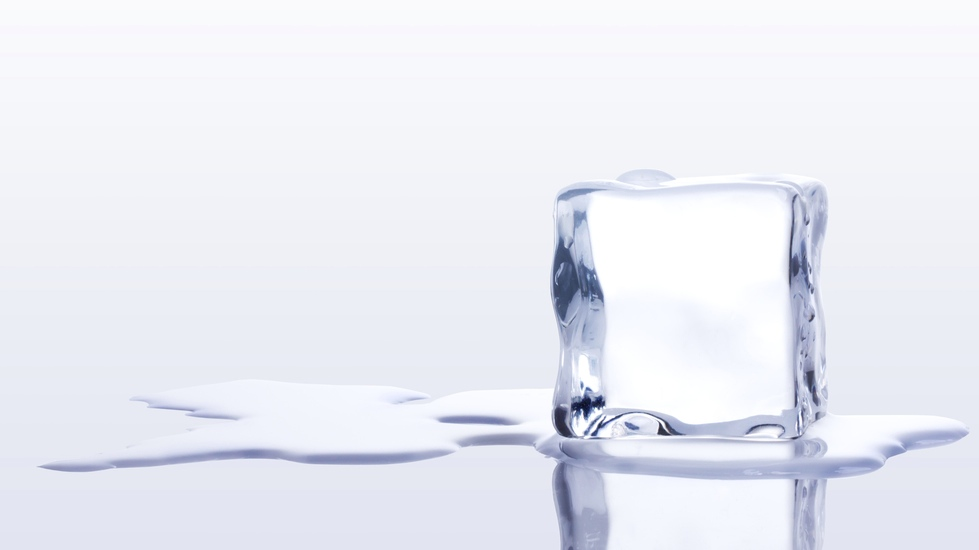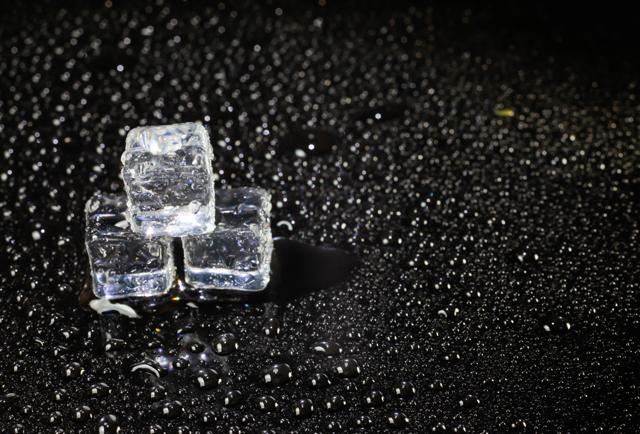

Make sure to tuck in the legs and bend them, if necessary, so that they’re all underwater. Simply bring a pot of water to a boil and add about four to six legs (depending on size).

The simplest approach to cooking crab legs is to boil them. If using chicken legs or chicken thighs, you can leave them to parboil for roughly 5 minutes, which is also the case for chicken quarters. How long do you par boil chicken?įor instance, a whole chicken would take around 30-40 minutes to parboil, whereas chicken breasts should only take around 10 minutes to parboil. You should use these bottles within 24 hours. You can put cooled, boiled water in sterilised bottles and store them sealed with a ring and cap in the fridge until needed. Let the water cool down to a safe temperature – lukewarm or around room temperature.

How does boiling water freeze faster? – Related Questions How long you can keep boiled water to newborn formula? … Therefore, the system will either transport hot water to your radiators or to your hot water tap – however, this will not be done at the same time and the hot water circuit usually takes priority. What are the disadvantages of a combi boiler? Combi boilers provide a “combination” of instantaneous hot water and effective central heating. … The Mpemba effect occurs when two bodies of water with different temperatures are exposed to the same subzero surroundings and the hotter water freezes first. Will boiling water freeze faster than cold water? Hot water freezes faster than cold, known as the Mpemba effect. … The phenomenon that hot water may freeze faster than cold is often called the Mpemba effect. This phenomenon is extremely counterintuitive, and surprising even to most scientists, but it is in fact real. This effect, combined with the evaporation effect, may make hot water freeze faster than cold water in some cases.ĭoes boiling water actually freeze faster? Hot water can in fact freeze faster than cold water for a wide range of experimental conditions. How does boiling water freeze faster? If the water is initially hot, cooled water at the bottom is denser than the hot water at the top, so no convection will occur and the bottom part will start freezing while the top is still warm.


 0 kommentar(er)
0 kommentar(er)
